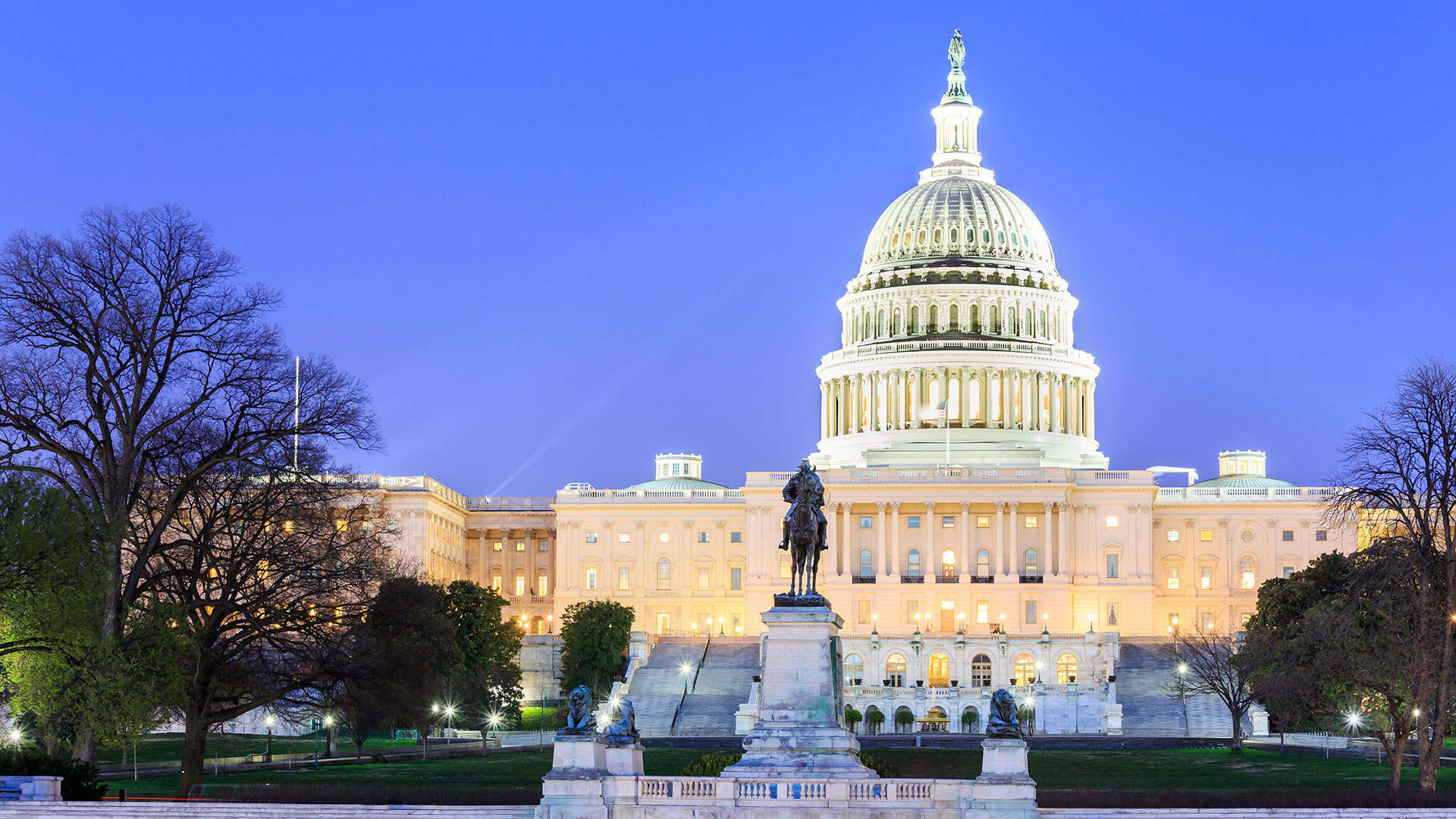On December 7, the United States District Court for the Southern District of Georgia issued a nationwide injunction against President Biden’s Executive Order 14042 which mandated federal government contractor and subcontractor employees to be fully vaccinated by January 18, 2022. Multiple parties sought the injunction, including the Attorneys General for Georgia, Alabama, Idaho, Kansas, South Carolina, Utah and West Virginia, various state agencies, and a national construction trade association.
At bottom, the court held that plaintiffs showed: (1) a substantial likelihood of succeeding on the merits of their argument that the mandate exceeded the President’s authority under the Federal Property and Administrative Services Act (“Procurement Act”); (2) enforcing the mandate would cause plaintiffs irreparable harm; (3) the potential harm that would result to plaintiffs if the mandate were enforced would exceed any potential harm that might result from enjoining the mandate; and (4) an injunction against the mandate was in the public’s interest. We address each in turn.
Plaintiffs demonstrated a substantial likelihood of success on the merits
The court identified two reasons that plaintiffs would likely succeed on the merits of their argument that the Procurement Act does not authorize mandates such as EO 14042.
First, nothing in the language of the Procurement Act indicates that Congress intended to authorize the President to issue public health regulations capable of imposing extreme economic burden. The Procurement Act grants the President with “particularly direct and broad-ranging authority over those larger administrative and management issues . . . that . . . should be used in order to achieve a flexible management system capable of making sophisticated judgments in pursuit of economy and efficiency.” However, the court determined that EO 14042 “works as a regulation of public health, which is not clearly authorized under the Procurement Act,” and therefore “goes beyond the administration and management of procurement and contracting.”
Second, the mandate does not have a “sufficient nexus” to the Procurement Act’s purpose of promoting economy and efficiency. “While the court is aware of cases where courts have held that a variety of types of executive orders were authorized under the Procurement Act, none have involved measures aimed at public health and none have involved the level of burdens implicated by [EO 14042].” Moreover, “[the mandate] has already required and will continue to require extensive and costly administrative work by employers and will force at least some individuals to choose between getting medical treatment that they do not want or losing their job (and facing limited job replacement options due to the mandate).”
Although the court acknowledged that courts typically defer to the President when reviewing executive orders issued under the Procurement Act, it stated “that deference was expressly not intended to operate as a ‘blank check for the President to fill at his will.’”
Plaintiffs would suffer irreparable harm
The court found that plaintiffs demonstrated they would suffer irreparable harm if the mandate was enforced because it would require plaintiffs to develop and implement software and technology to ensure that their employees covered by the mandate—as well as any subcontractors’ employees working in connection with a covered contract—are fully vaccinated or granted an accommodation. Additionally, because the mandate imposed a short compliance deadline of January 18, many plaintiffs had already spent considerable time and resources to identify employees covered by the mandate. The court considered these past and future burdens sufficient to demonstrate that the mandate imposed “a real and imminent” threat of irreparable harm.
The harm to plaintiffs would exceed any harm to the government
The government argued that enjoining the mandate would allow COVID to continue to spread, which would outweigh any risk of irreparable harm to plaintiffs if the mandate was enforced. The court disagreed, holding that enjoining the mandate “would, essentially, do nothing more than maintain the status quo,” allowing employers to encourage employees to get vaccinated if they choose to. In contrast, enforcing the mandate could result in the termination of employees and impact the financial viability of employers by imposing significant compliance costs.
An injunction is in the public's interest
Finally, the court, in citing the earlier Fifth Circuit decision staying the OSHA Emergency Temporary Standard, found that enjoining enforcement of the mandate would not only prevent “economic uncertainty” and “workplace strife,” it would also protect “the principles at stake,” which “are not reducible to dollars and cents,” such as the liberty of individuals to make their own decisions related to their personal health.
In light of this decision, federal contractor and subcontractor employers need not observe the mandate unless and until further court action on the issues.
Special thanks to law clerk Michelle Avidisyans (Los Angeles) for her assistance in the preparation of this content.




